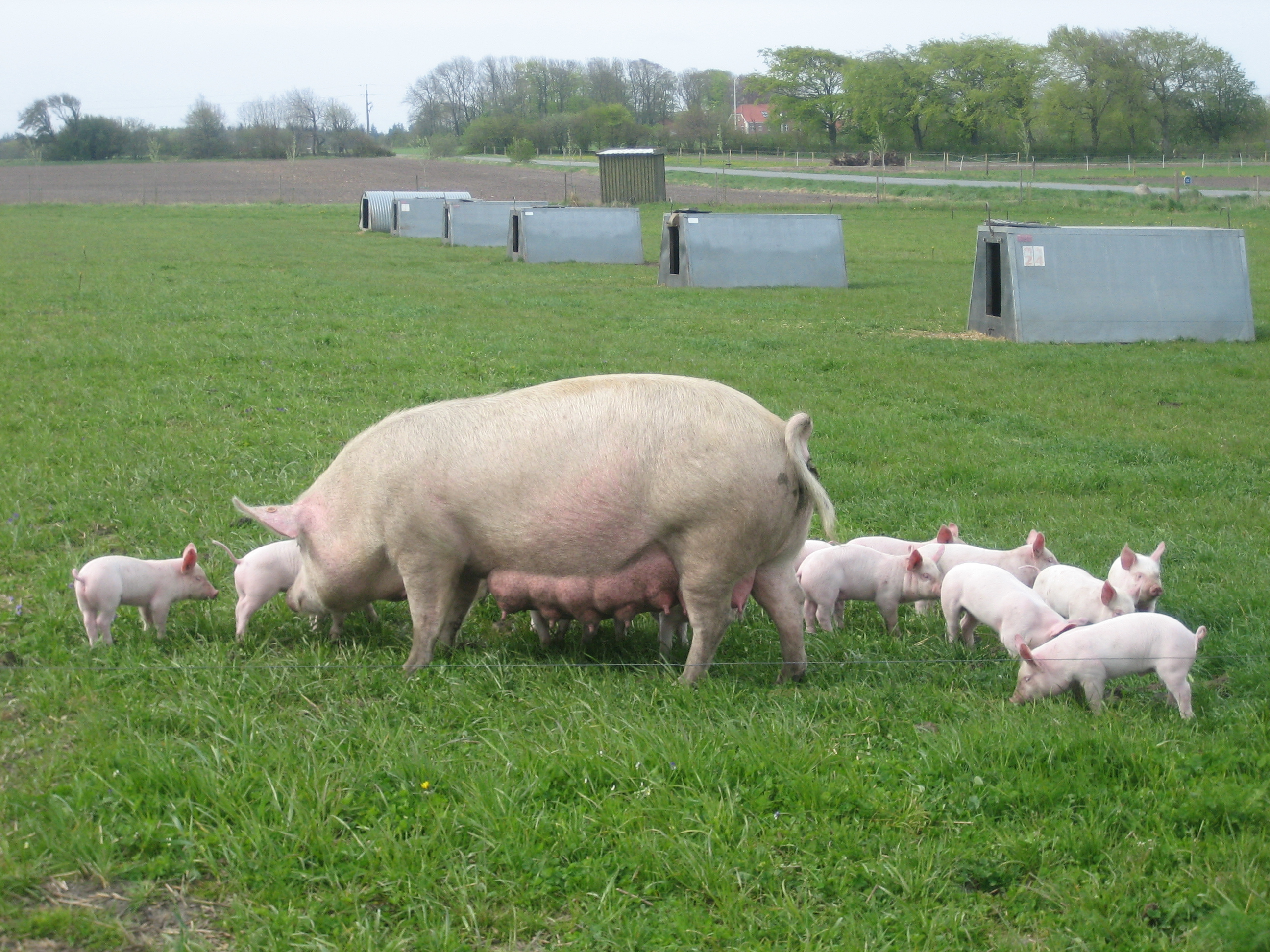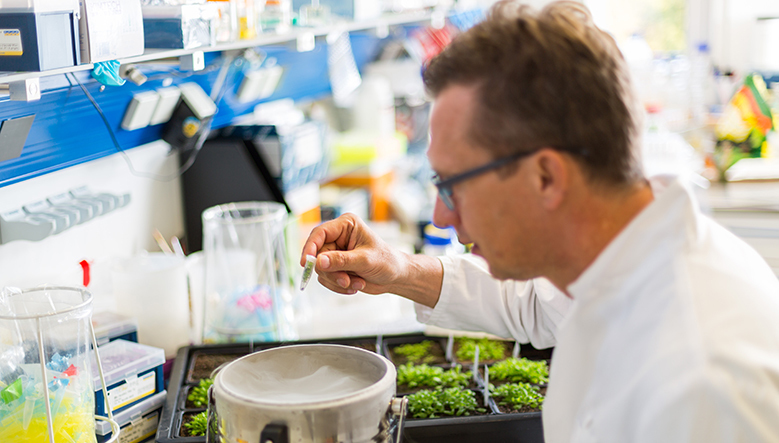'Urgent need for greater ethical scrutiny of new methods to increase food production'

The Nuffield Council on Bioethics has said that there is an urgent need for greater ethical scrutiny of new methods to increase food production rates in crops and farmed animals.
Increasing food production rates in farmed animals is a potential application of genome editing technologies that require urgent ethical scrutiny, according to the organisation.
The Council has published the first findings of its programme of work looking at the recent and potential impact of recent advances in genome editing such as the CRISPR-Cas9 system across many areas of biological research.
The Council found evidence that, given its technical advantages and rates of uptake, genome editing is already having an almost unprecedented impact in research.
The Council considered factors such as the extent to which the ethical questions raised by applications of the technology are novel, the likelihood of imminent advances in these areas and the possible effects of these advances in fields such as health care, food production, industry and public health.

'Potential to transform'
"Genome editing is already showing a potential to transform not only how biological research is carried out, but more importantly our expectations and ambitions for addressing challenges such as disease prevention and food security," said Dr Andy Greenfield, Chair of the Nuffield Council on Bioethics Working Group who conducted the review.
"Although most uses so far have been in research, the potential applications seem to be almost unlimited, given that the techniques are applicable to all organisms, from bacteria to plants, animals, and human beings."
The Council will now begin work on two further inquiries addressing the ethical and practical questions raised by possible uses of genome editing in different fields.
The first of these will focus on the potential use of genome editing in human reproduction to avoid the transmission of heritable genetic conditions, and the second on livestock to improve systems of animal husbandry and food production.
Increasing food production
Genome editing in animals such as pigs, sheep, cattle and chickens is an area where genome editing techniques have not just accelerated research, but have opened up completely new areas of research that could have significant societal, economic and political implications.
Research is being carried out to find new ways to intensify food production sustainably in order to feed a growing world population, for example, by increasing animal meat yield or reproductive capacity, or improving disease resistance and welfare in intensively reared animals.
Genome editing in animals gives a fresh impetus for considering questions raised by previous technologies for modifying foods.
Food safety is a primary concern, and there are additional concerns about animal welfare and, these feed in to arguments about the appropriate ways to meet challenges of food security.
Professor John Dupre, Chair of the Nuffield Council on Bioethics Working Party on genome editing in livestock, which will start work in 2017, said: "Genome editing calls into question the distinction between genetically modified organisms (GMOs) and non-GMO foods, which are regulated quite differently at present.
"In our inquiry on livestock we want to look at the issues from the starting point of the societal challenge that we face in feeding a growing world population and ask whether and how new genome technologies should contribute to meeting that challenge.
"We will be seeking views from a wide range of people to inform our deliberations and recommendations," concluded Prof Dupre.








